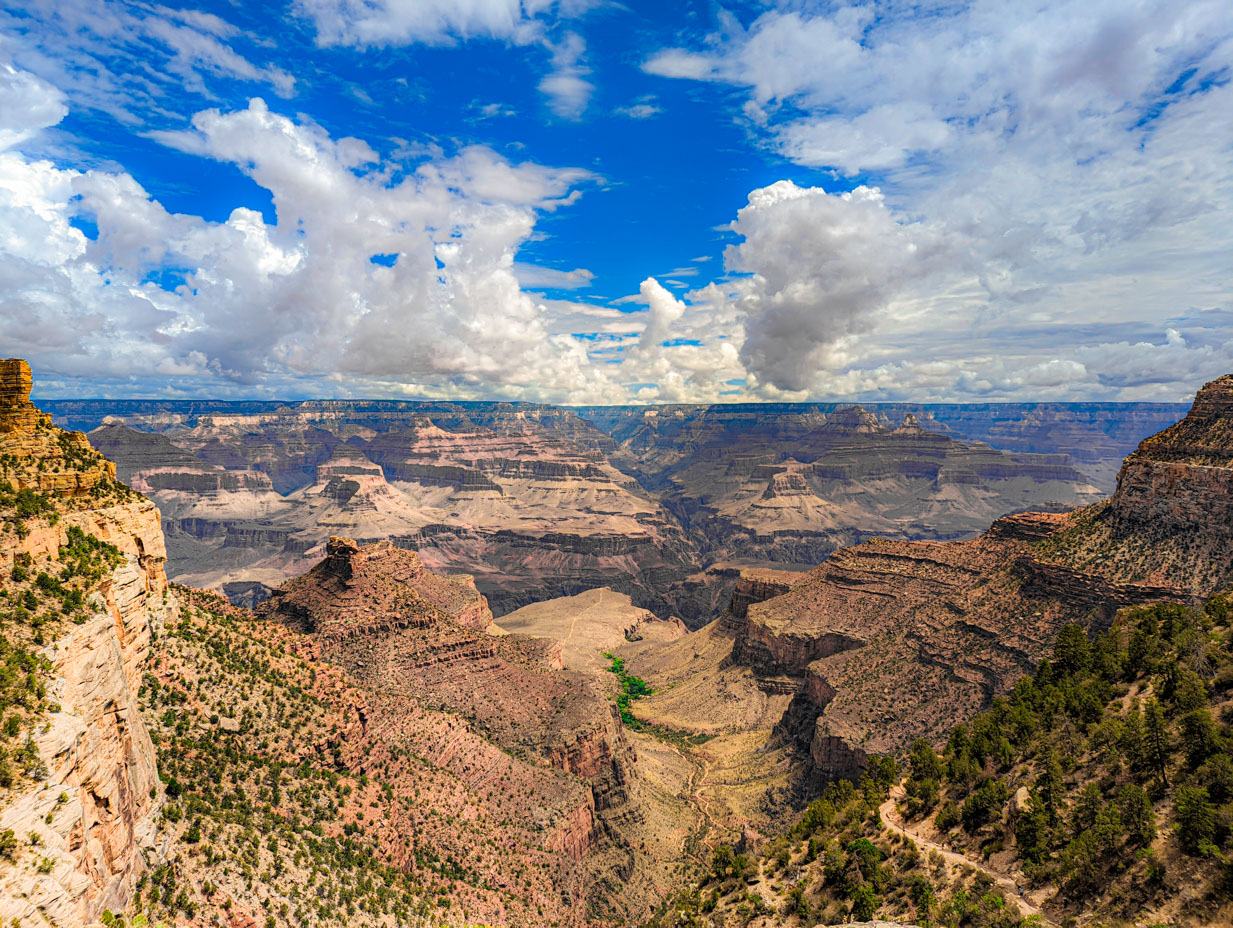

 ©Laura Haverkamp
©Laura Haverkamp
Chapter 3:14-22 (ESV) - I perceived that whatever God does endures forever; nothing can be added to it, nor anything taken from it. God has done it, so that people fear before him. That which is, already has been; that which is to be, already has been; and God seeks what has been driven away.
Moreover, I saw under the sun that in the place of justice, even there was wickedness, and in the place of righteousness, even there was wickedness. I said in my heart, God will judge the righteous and the wicked, for there is a time for every matter and for every work. I said in my heart with regard to the children of man that God is testing them that they may see that they themselves are but beasts. For what happens to the children of man and what happens to the beasts is the same; as one dies, so dies the other. They all have the same breath, and man has no advantage over the beasts, for all is vanity. All go to one place. All are from the dust, and to dust all return. Who knows whether the spirit of man goes upward and the spirit of the beast goes down into the earth? So I saw that there is nothing better than that a man should rejoice in his work, for that is his lot. Who can bring him to see what will be after him?
Question to consider: How does Solomon’s arguments about God’s justice compare with those of the friends of Job?
Like most good scholars, Solomon thoroughly presents his case for the futility of life under the sun before presenting his arguments for life beyond this mortal existence. Before refuting a particular worldview, it is a good idea to demonstrate that you actually understand the view in question to avoid accusations of bias.
Solomon has been arguing that we should enjoy the fruits of our labors, for the time to enjoy them is limited in scope. Today, He argues that these cycles of time are fixed because God is eternal, and His ways are immutable.
In light of this immutability, Solomon presents the arguments of Job’s friends. Since God is just, He will judge the wicked and vindicate the righteous in due time. The friends of Job used this idea to accuse Job of some hidden wickedness to explain the calamity which had befallen his household and the sickness that raged through his body.
Unlike Job’s friends, Solomon left room for the possibility that God allowed temporary injustice to come upon an individual in order to test them. However, even in this, Solomon recognized that like all creatures, we die and return to dust. Since we don’t actually get to talk with the dead, we don’t know whether our spirit or the spirits of the animals go to be with God or go into the ground with the dust.
If there is no resurrection of the dead, then Solomon reasoned the best we can hope for is to enjoy the fruits of our labor for the fleeting moments of peace and beauty we get in this life.
Thankfully, Solomon’s scroll didn’t come out in daily passages over time, or people would have fallen into despair in reading his posts. Not only do we know that Solomon ultimately concludes that there is something more than our days under the sun, but we live in the days after the resurrection of Christ.
If you follow my studies for any length of time, I drive home the idea that everything hinges on the resurrection of Christ. The entirety of the Law and Prophets is fulfilled through the life, death, and resurrection of Christ. Our view of history and our hope for the future are all changed in light of Christ. Solomon asked, “Who knows whether the spirit of man goes upward?” The disciples and early church all witnessed the resurrected Christ and were given hope that He will return to raise all of us up on the last day. The injustices of this world are only meaningless if this were not true. The disciples were all willing to endure the pain of injustice because they encountered the risen Christ, and so we know that God works out all things for the good of those who love Him and are called according to His purpose.
Dear heavenly Father, thank You for giving us this book which helps us to realize the futility of life outside of Christ. May the hope of His return create in us the ability to endure the injustices of this world. Amen.